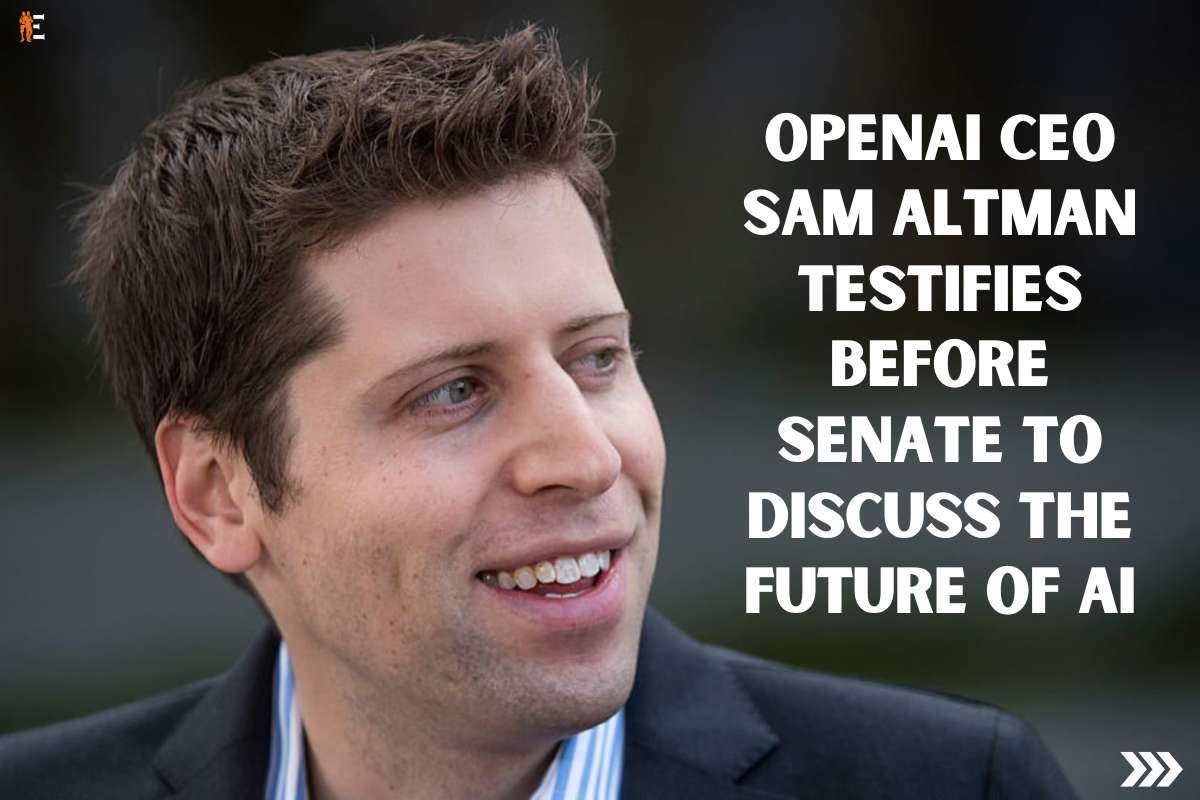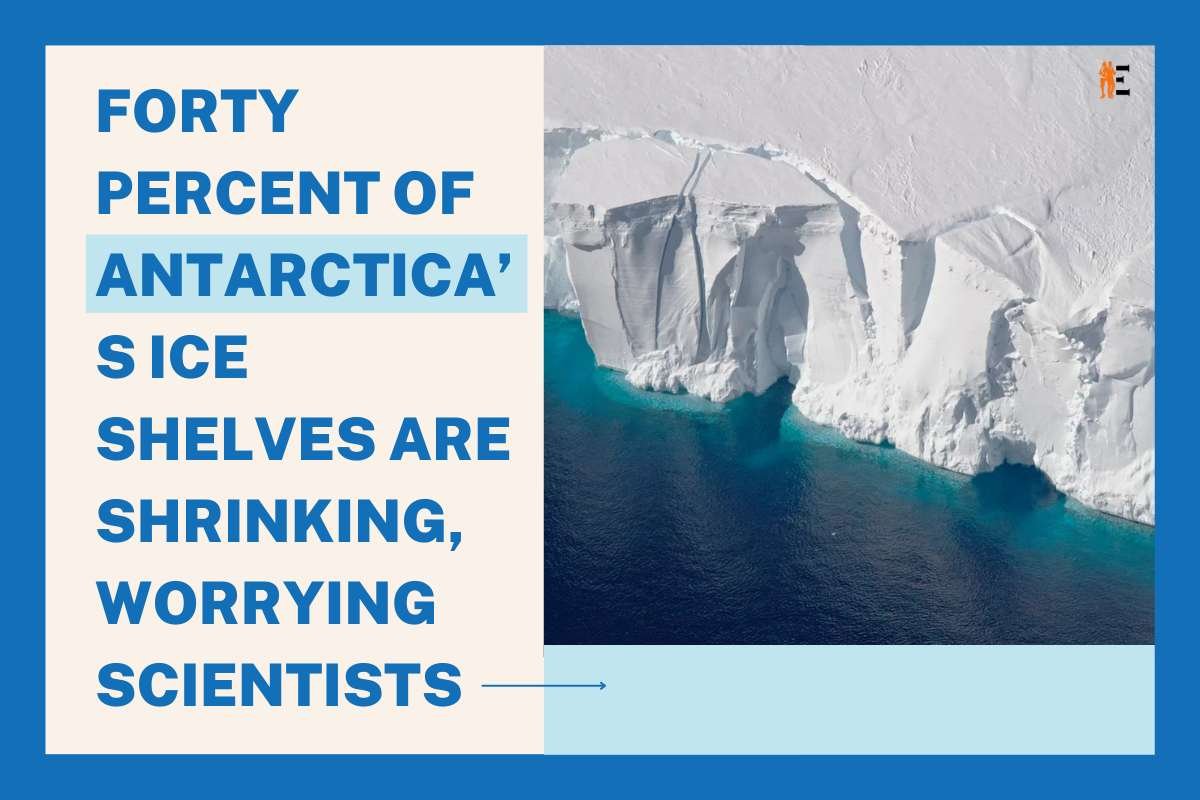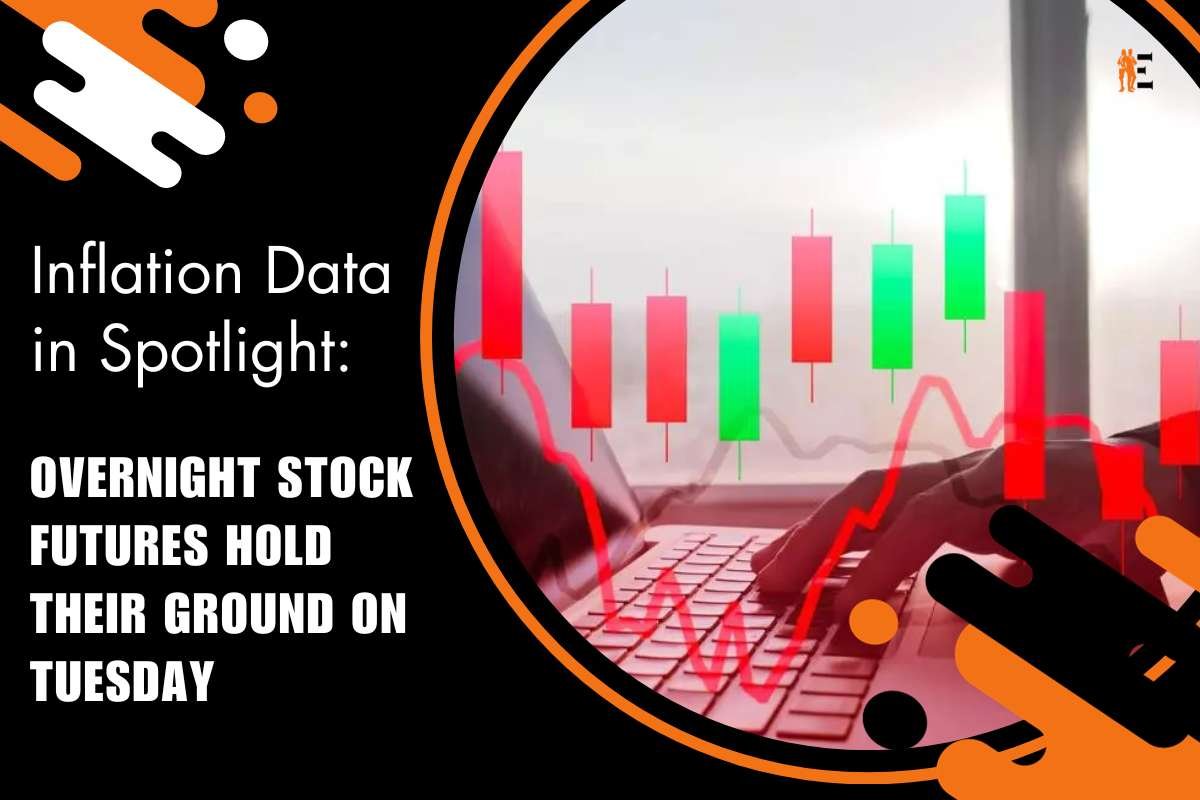In a pivotal moment that underscored the growing concerns surrounding artificial intelligence (AI), Sam Altman, the CEO of OpenAI and creator of ChatGPT, took the stage as the spokesperson for the burgeoning AI industry. Testifying before the Senate Judiciary Committee on Tuesday, Sam Altman engaged in a profound and wide-ranging conversation about the future of AI, setting the stage for an urgent exploration of how Congress can effectively navigate the rapid advancements in this transformative technology.
Zeal To Regulate AI
The remarkable pace at which AI has advanced in recent months has left Congress both awestruck and determined to prevent Silicon Valley’s innovations from outpacing regulatory oversight. Historically, policymakers have often deferred to the promises arising from tech hotspots like Palo Alto and Mountain View. However, mounting evidence of the social, cultural, and economic downsides of unregulated technology has ignited a rare bipartisan zeal to regulate AI.
Integrating AI into American society presents a colossal challenge for lawmakers, requiring them to demonstrate that the high-tech sector cannot escape the scrutiny that has long been applied to other industries. Congress is now faced with the crucial task of striking a delicate balance between fostering innovation and ensuring responsible oversight.
Senator Richard Blumenthal of Connecticut, known for his commitment to justice, delivered opening remarks that were a blend of human intellect and AI-generated text. He candidly acknowledged Congress’s past failures in effectively regulating social media, stressing the imperative to act swiftly on AI before the potential threats and risks become a reality.
Impact Of Social Media
The role of social media in driving this urgency cannot be overstated. Following the 2016 election, Democrats accused platforms like Twitter and Facebook of disseminating misinformation that allegedly influenced the election outcome. Republicans, on the other hand, voiced concerns about conservative content being suppressed or “shadow banned.” Beyond the political divisions, the harmful effects of social media on mental health, the propagation of bigotry, and increased social isolation have become increasingly evident. Congress recognizes the need to proactively address these concerns in the realm of AI to prevent history from repeating itself.
OpenAI CEO Sam Altman Testifies Before Senate To Discuss The Future Of AI
Risk of AI Snatching Jobs
During the hearing, Christina Montgomery of IBM acknowledged the inherent risks that AI poses to various industries, including the potential displacement of jobs that were once considered immune to automation. While she pragmatically accepted that certain jobs will transition away, her admission reverberated through the room, underscoring the seismic shifts on the horizon for the future of work.
In contrast, Sam Altman assumed the role of an industry elder statesman, challenging preconceptions. He emphasized the importance of viewing AI models, such as OpenAI’s latest GPT4, as tools rather than sentient creatures. Sam Altman asserted that these models excel at specific tasks, rather than replacing entire jobs. He highlighted their potential to augment human capabilities, making work more efficient and manageable.
Summing Up
As the Senate Judiciary Committee grapples with the future of AI, the testimonies of Sam Altman, Montgomery, and Marcus have illuminated the complex challenges ahead. Striking the right balance between fostering innovation and ensuring responsible regulation is the monumental task at hand for Congress. The nation awaits its decisions on how best to unleash the power of AI while safeguarding against its potential risks.











